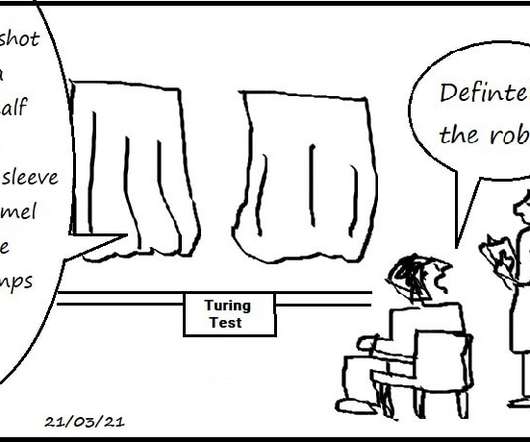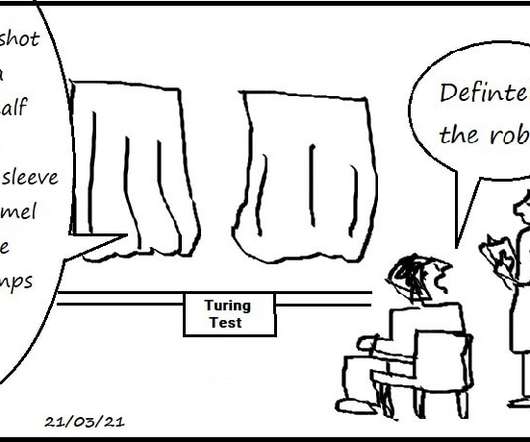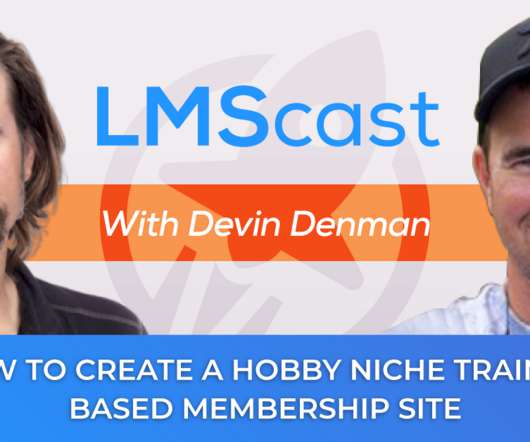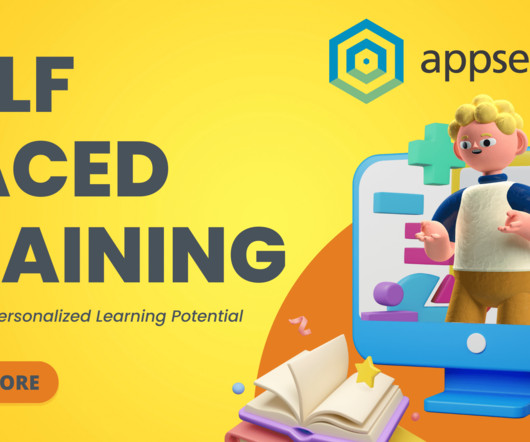The next normal
E-Learning Provocateur
MAY 3, 2020
One of the biggest changes should be a shift from the traditional focus on static stocks of knowledge (a course mindset) to consideration for information flows. It means helping everyone ‘learn how to learn’ and take ownership of their own personal knowledge management process. Think of knowledge like a virus.































Let's personalize your content